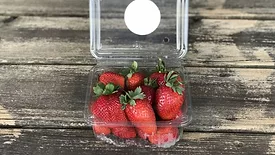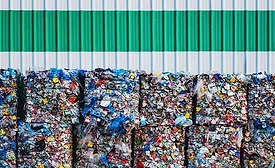Home » Keywords: » Extended Producer Responsibility
Items Tagged with 'Extended Producer Responsibility'
ARTICLES
Prepare Now for New State Restrictions on Food Packaging Materials
Entities across the entire food and beverage supply chain need to be prepared for compliance with state-specific EPR and stewardship programs as well as recyclability and recycled content requirements for food packaging
June 19, 2025
Food Safety and Regulatory Aspects of State EPR Programs
State-level Extended Producer Responsibility (EPR) can push a circular economy, move the overall recycling effort forward, and lead to an increase in the use of recycled material
April 14, 2025
Extended Producer Responsibility Programs for Food Packaging: Balancing Source Reduction with Food Safety
EPR programs shift responsibility for management and disposal of consumer products to producers and distributors—and are gaining ground in the U.S.
June 12, 2023
Never miss the latest news and trends driving the food safety industry
Newsletters | Website | eMagazine
JOIN TODAY!Copyright ©2026. All Rights Reserved BNP Media.
Design, CMS, Hosting & Web Development :: ePublishing





